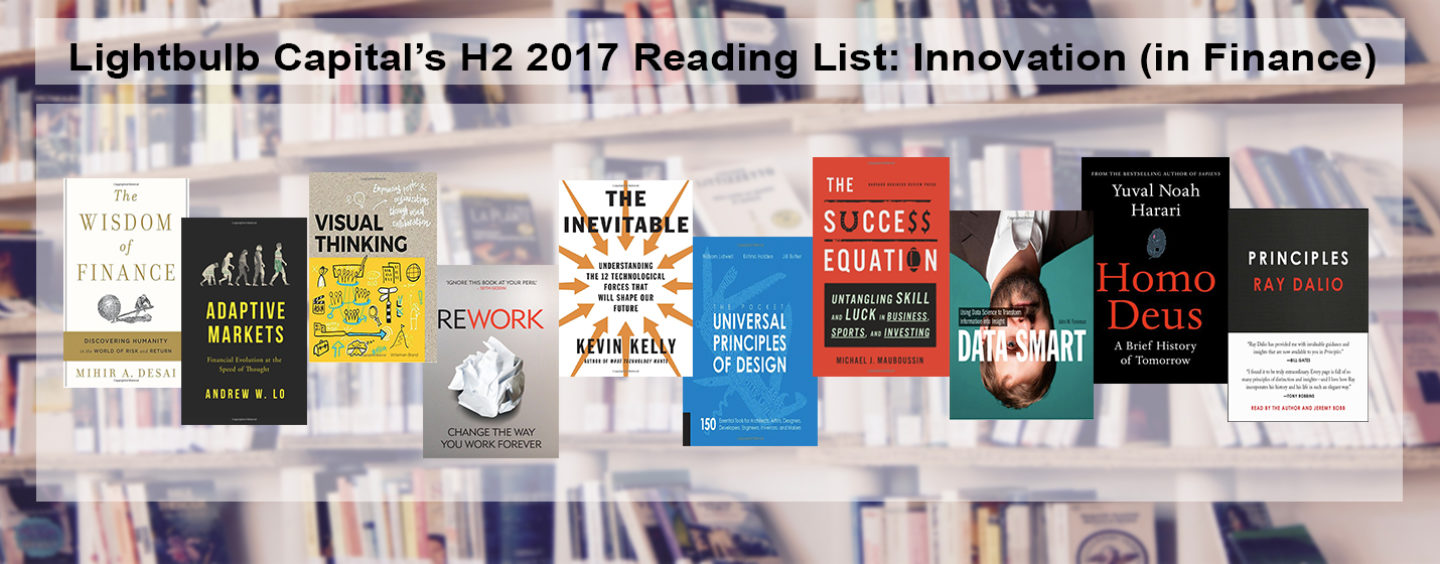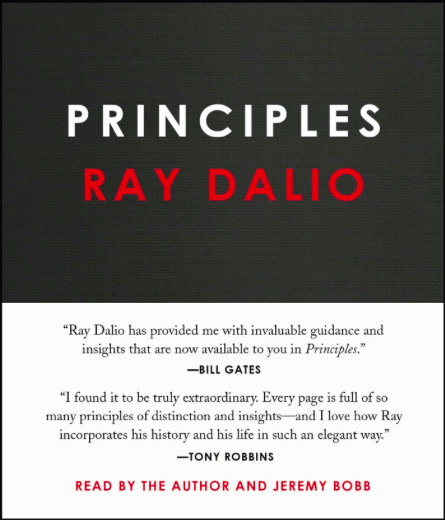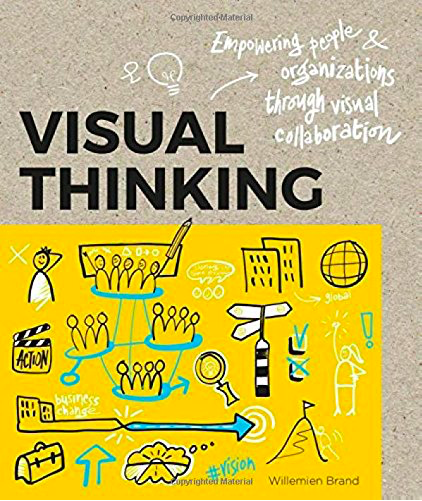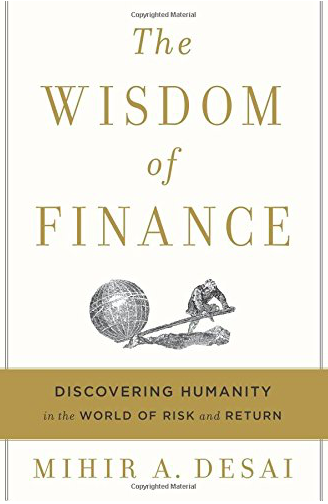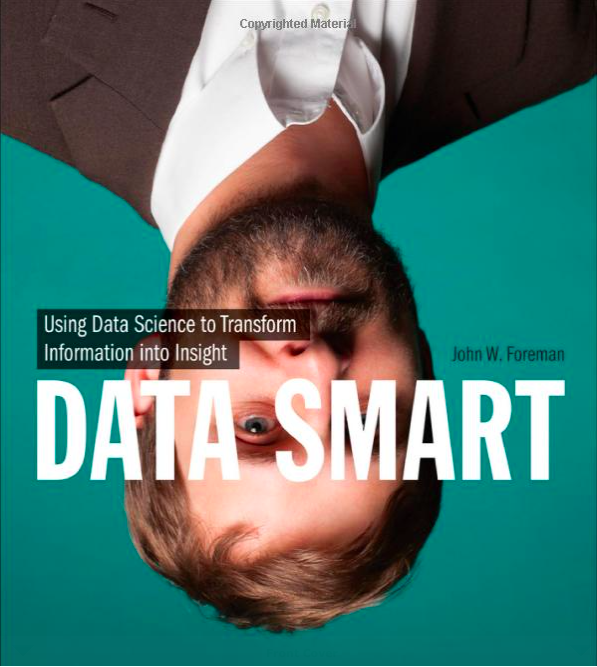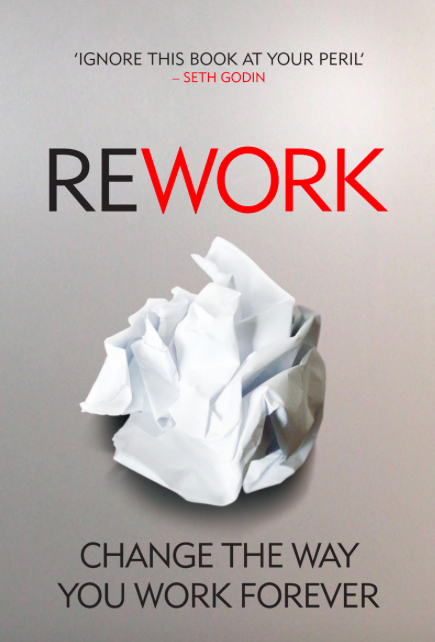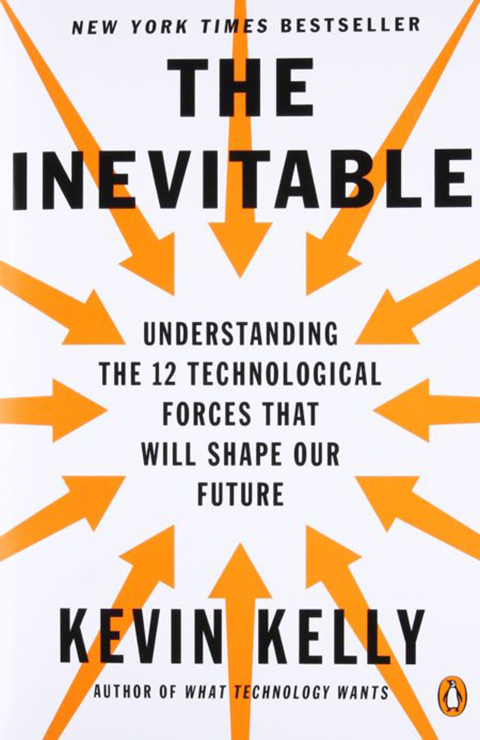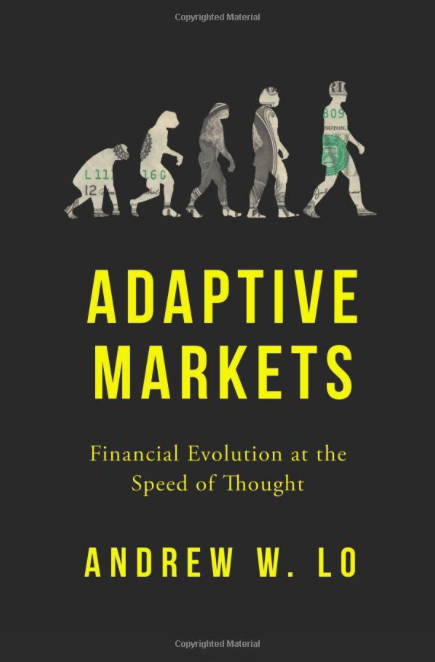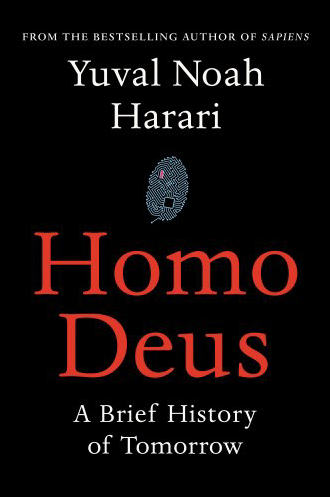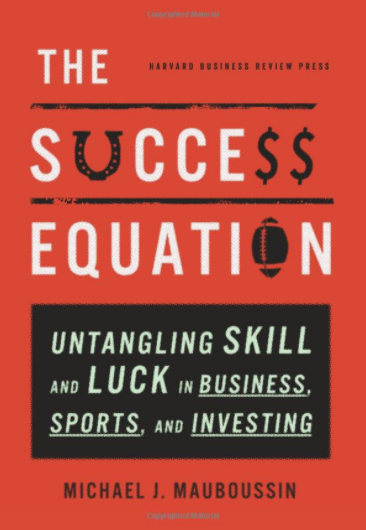Daniel Liebau from Lightbulb Capital is presenting his reading list of must read books for Innovation in Finance.
If you think in Singapore and Hong Kong about Design Thinking and Innovation, then you definitely have to think about Dan and his company, that’s why we think his book recommendations are very valuable for our readers:
10 must Read Books about Innovation in Finance
September 19, 2017
by Ray Dalio
Definitively the best book I have read over the period. Ray Dalio and his practices are of course controversial and might better work in a particular type of organization where independent thinking is more relevant than elsewhere. Regardless, and especially for us in Finance, I feel one cannot not read this book. Also his point of view on making work and passion the same thing in life surely resonates with entrepreneurs in Finance well.
Visual Thinking: Empowering People & Organizations Through Visual Collaboration
June 6, 2017
by Willemien Brand
A very high percentile of information absorbed by humans is visual… and we all can’t draw… but is that really so? I am working on incorporating Willemien’s tips and tricks into my work (in and outside of the classroom) now and found this quick read not only practical but also fun.
The Wisdom of Finance: Discovering Humanity in the World of Risk and Return
May 23, 2017
by Mihir Desai
Mihir Desai who teaches finance at Harvard connects the core concepts of finance with humanities. He makes clear that many of such concepts like parity, debt, equity, etc. have been around a lot longer than modern finance. Very enjoyable read that makes clear finance is a toolbox to help people get on with their lives as Prof Shiller put it.
Data Smart: Using Data Science to Transform Information into Insight
by John Foreman
is a Data Science book for the rest of us. John Foreman (who is also the Chief Data Scientist at mailchimp.com) writes in a very entertaining, practical way and gets many of the data analytics topics and even a tiny little bit of AI across. When one works through the book following all his examples (in Excel) one will have a good grasp and certainly be ahead of the masses. It might just encourage enough to learn more about the fascinating topic.
ReWork: Change the Way You Work Forever
by Jason Fried & David Heinemeier Hansson
A book on how to be an entrepreneur in our times where every minute is precious, technology is cheap and the pace of change is accelerating.
The Inevitable: Understanding the 12 Technological Forces That Will Shape Our Future
by Kevin Kelly
12 technologies articulated as verbs that will make all the difference to our lives over the next 30 years. Sometimes scary. Sometimes exciting. But for sure noteworthy.
Adaptive Markets: Financial Evolution at the Speed of Thought
May 2, 2017
by Andrew Lo
Prof Andrew Lo of MIT has found the middle ground between the defendants of the efficient market hypothesis and the behavioral finance experts. Is he the next one up for a Nobel Prize in Economics? The Adaptive Market Hypothesis is an interesting concept that borrows from and biology and evolutionary theory to explain financial markets.
The pocket Universal Principles of Design
April 1, 2015
by William Lidwell, Holden and Jill Butler
This little book contains 150 design principles everyone should know. They range from graphic design to the omnipresent biases first described by Kahnemann and his friend Amos Tversky… is there a book that does not quote these two… oh well. It can be read swiftly as it is well illustrated. There is, therefore, excuse to not “inhale” it!
Homo Deus, a brief history of tomorrow
2016
by Yuval Noah Harari
As one of my friends put it “if you will only read one book during the rest of your life read this one”. An approach or methodology to think about where we come from and where we will go and how we might evolve. Fascinating!
The success equation: Untangling skill and luck in business, sports and investing
by Michael Mauboussin
Fantastic book that shows, amongst many other things: One can be extremely successful without skill, one can be extremely skillful and not successful at all. I wonder how concepts like revesion to the mean are still applicable in our faster future – interesting times… and a great read by someone who has academic and business background.
Article first appeared on linkedin.com/pulse/




